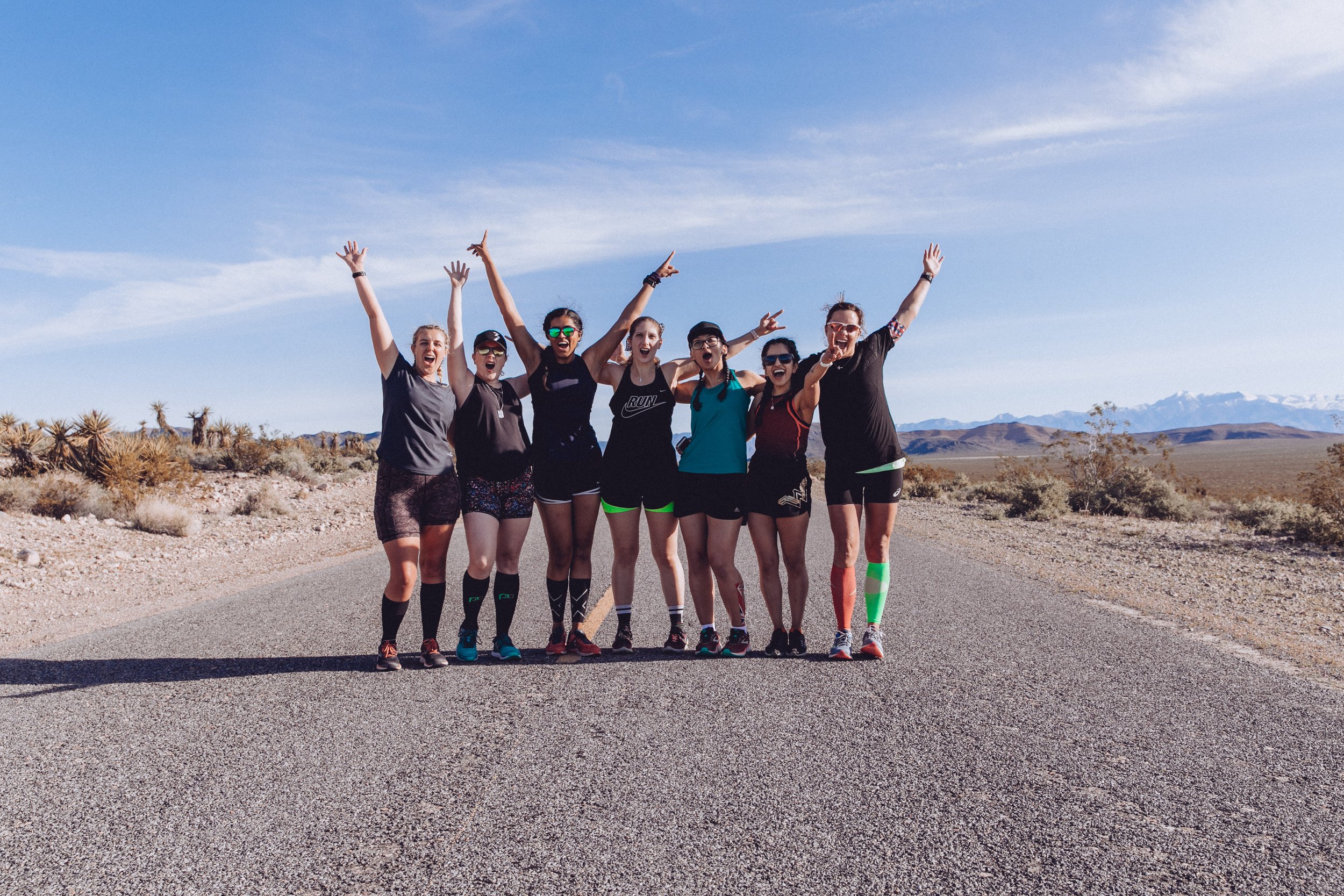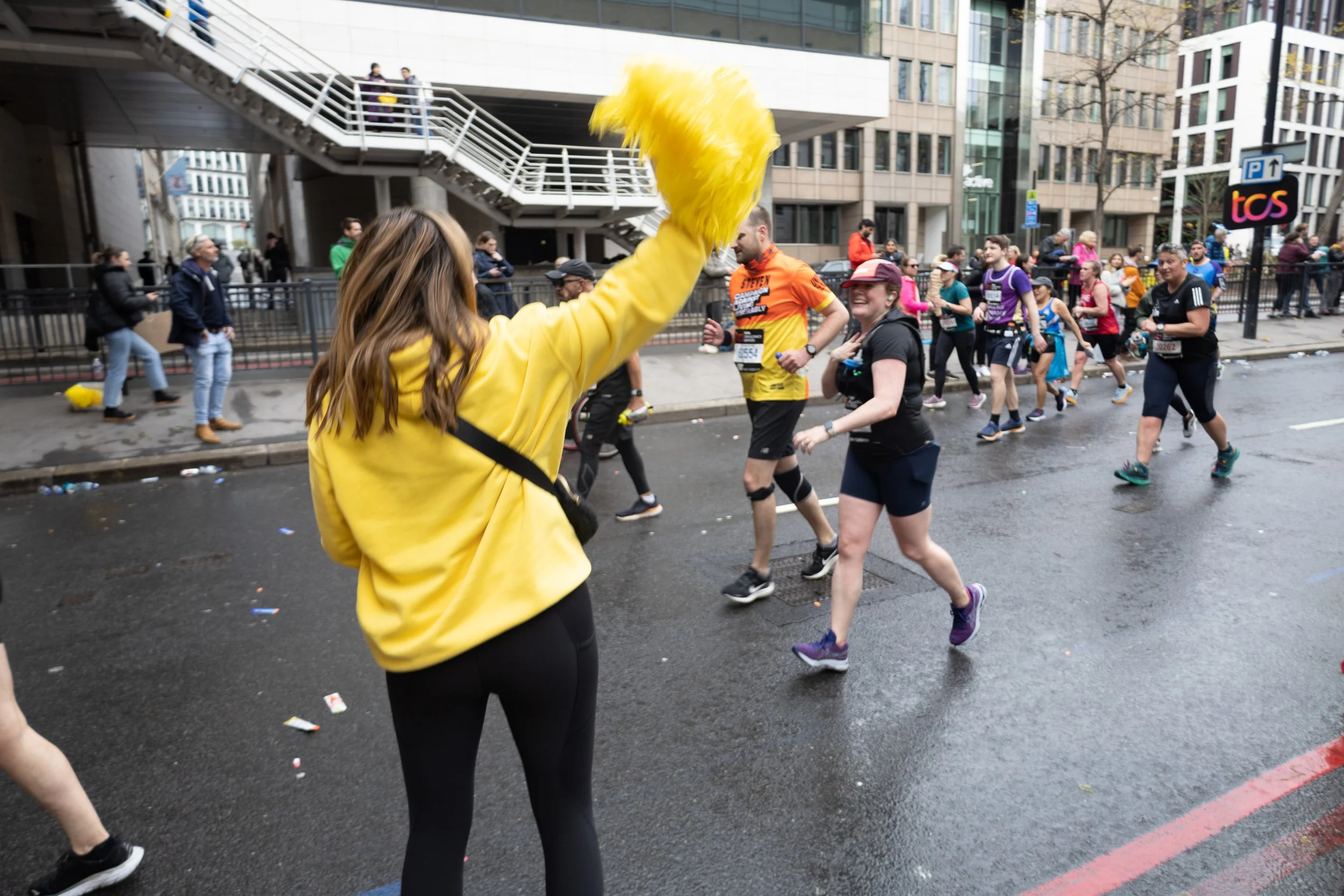Energy In A Pandemic
Hands up if your social media feed is full of messages about how much time you’ve got to do all the things now the world is in lock down?
Mine too.
There’s one meme thats lodged in my memory - if you don’t achieve your goals now it isn’t because you lacked time, it’s because you lacked motivation. There was something particularly caustic about the messaging and how it build on the whole no excuses rhetoric that’s been bouncing around for awhile now. I found it jarring.
Time is a hot topic right now. No one is going anywhere, commutes are no more and having a social life is so last year, we spend all our time at home give or take a brief trip out for exercise or to queue outside the supermarket. Technically speaking we have more time than ever before, so (technically speaking) now is the perfect time to learn to knit/learn Spanish/get super fit etc etc, but is it really?
Change is stressful
As a society we’ve faced unprecedented change over the last month or so. We’ve gone from living according to routines we’ve cultivated over years or decades to facing whole new challenges as we learn to navigate remote working, furlough and sharing space with our loved ones 24-7, or even isolating alone during this difficult time. Change takes energy. It is stressful even before you throw a global pandemic and all the stress that creates into the mix. The mental burden is high and that takes a hell of a lot of energy to navigate.
Forming new habits
COVID-19 has forced us all to deviate from our norms. Simple things like how and when we wash our hands are now a huge focus of our attention, going out for a walk or a run requires us to be more alert than ever before to maintain social distancing and where we might not have planned (or even cooked) meals before we’re now forced to think creatively about what we eat. All these challenges require us to form new habits, and that is an incredibly energy intensive task.
Think about when you learnt to ride a bike. At first it was hard and required a lot of mental energy, but over time you became more comfortable with cycling and pretty soon it became almost habitual and required way less focus (and therefore demands less mental energy). It’s the same with every other habit in your life, as every habit-forming activity follows the same behavioural and neurological patterns.
According to Charles Duhigg, author of The Power of Habit, every habit begins with a pattern called a ‘habit loop’. This three-part process starts with a cue or trigger that tells your brain to go into automatic and let a behaviour occur. Next comes routine, which is the behaviour itself, and thirdly there’s reward, something that your brain likes and will help it remember the ‘habit loop’ in the future.
Every habit starts out as a decision to do something. Decisions are made in the prefrontal cortex, but as soon as the behaviour becomes automatic the decision-making part of your brain fades into the background and the basal ganglia, the part of the brain where habit making behaviour occurs (along with having a role in the development of emotion, memories and pattern recognition) takes over. When this happens Duhigg explains that ‘the brain can almost completely shut down…this is a real advantage, because it means you have all of this mental activity you can devote to something else’.
Right now we’re at the earliest stage in this process, we’re still deciding to perform particular behaviours. Nothing is automated yet, so every part of our day demands a lot more energy than it did before everything changed.
Stress, rest and awareness
We don’t have unlimited capacity for stress, and if you’re not getting enough rest you’re not going to have much energy and you might find that your tolerance for challenging situations goes down. This is why rest is essential (and why you might be finding life a bit exhausting right now).
Unfortunately humans aren’t always very good at resting. Even in normal circumstances we’re bombarded with messages (outside noise) that tells us rest is for wimps, so we’re not always tuned into what our bodies and minds might need, or if we are we might choosing not to listen to those messages and chastise ourselves for our lack of willpower or motivation.
So is now really the time to do it all?
It’s really tempting to see time in hours and minutes and to think that because we have more of time we also have the energy to take on all sorts of new projects, but it’s simply not true. If anything we have less energy than before as we adapt to our ‘new normal’ and the uncertainties that a global crisis presents.











